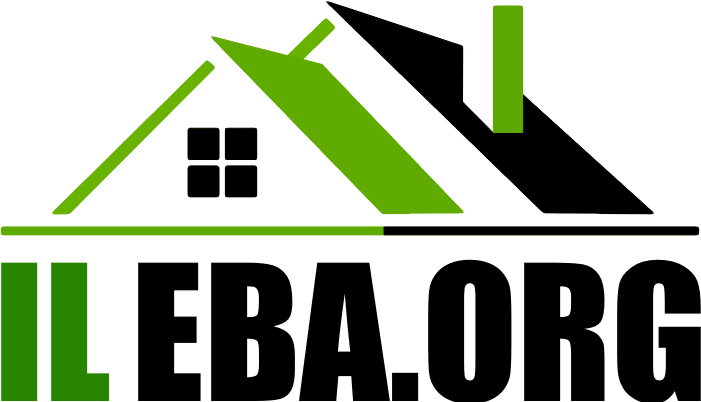When considering the purchase of a home, buyers must be aware of the different types of mortgages available to them to determine what will best suit their needs. There are two main types of mortgages to be aware of: Fixed Rate and Variable Rate.

Fixed Rate Mortgages
Fixed rate mortgages are the most popular type of mortgage in the U.S. and are typically 30 years in length. A fixed rate mortgage is a loan with an interest rate that is “fixed” over the course of the entire loan. This means your payments do not change month to month and you are aware of the size of the payments when you initially agree to the loan.
If you were to obtain a 30-year, $200,000 fixed rate mortgage, you would pay the same interest, say $125, every month for the entire 30 year span of the loan.
There are definite pros and cons to a fixed rate mortgage, the biggest advantage being that you know ahead of time what your payment is going to be for the entire length of the loan. There’s no risk of your payment increasing, which makes budgeting easier. The biggest disadvantage to fixed rate mortgages is that they tend to be more expensive that variable rate mortgages.
Variable Rate Mortgages
Variable rate mortgages (also called adjustable rate mortgages) are the other main option for mortgage loans. With this type of loan, you have a variable interest rate that can change over the life of the loan, meaning that your interest payments can become more or less expensive.
The interest rates for these loans are tied to a major mortgage index such as MTA or COFI. As the index changes based on market conditions, so does the interest rate, and so does your payment every month.
If you were to obtain a 30-year, $200,000 variable rate mortgage, the payments could start at $125 a month for the first year, then increase to $150 a month the second year, and then decrease to $100 a month the third year.
As with fixed rate mortgages, there are pros and cons to a variable rate mortgage. The biggest advantage with this loan type is that they tend to be less expensive than fixed rate mortgages, especially on the front end. Variable rate mortgages are useful for buyers if the home is a short-term investment or if they don’t plan on spending more than a few years there. The biggest disadvantage of this loan type is the unpredictability of the interest rates, as they could grow or shrink over time.
Which mortgage is right for me?
There are advantages and disadvantages to both loan types, however the suitability of either will depend on your current financial situation and future plans.
Fixed rate mortgages are best for buyers who plan on paying off the entirety of the mortgage and plan on staying in the home for the foreseeable future. Financial history must also be considered as fixed rate mortgages tend to be more difficult to obtain.
Variable rate mortgages are best for buyers who anticipate lower interest rates based on market conditions or buyers who do not plan on living in the home for more than a few years.
